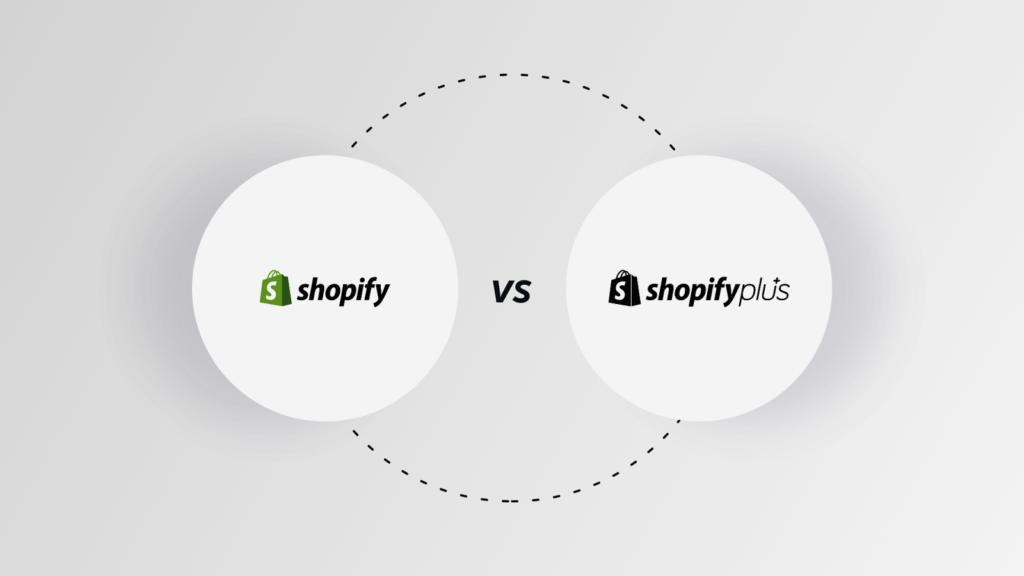The retail industry has undergone significant transformation over the past decades. eCommerce had much to do with the specifics of this transition. Now, even that paradigm is changing. First, big-name aggregator marketplaces and online shopping portals powered by storied retail giants were the preferred go-to partners for brands to build their online presence.
But over the last couple of years, the rise of direct-to-consumer or D2C retail is making quite a buzz in markets globally.
What does D2C imply?
In simple terms, D2C refers to a retail strategy wherein a brand directly sells its products via its own eCommerce website and mobile app. Rather than relying on marketplaces to push their products to consumers, brands focus on building their online shopping experience to cater uniquely to their customers.
Why is D2C beneficial for brands?
While the benefits are several, if we are to ask a leader at an aspiring D2C brand for the top 3 major advantages that they hope to enjoy by building a D2C retail model, they might say:
- End-to-end control over customer experience.
- Build uniqueness and exclusivity.
- Improve profit margins without commissions.
This does not imply that marketplaces and other multi-brand eCommerce companies are failing. Just that, D2C brands get a chance to become drivers of their own destiny and be self-reliant.
However, gaining a significant edge over competitors, which includes popular marketplaces as well, requires a more strategic approach from brands towards D2C retail.
How to conquer the D2C world?
Prioritizing the customer
The first step in the journey for a fulfilling D2C experience is planning to deliver the niche experience the target customer desire. Traditional marketplaces and eCommerce websites may not provide a unique experience for people buying a brand’s products. This opportunity to serve these customers in a personalized way is a great benefit to D2C brands as well.
To do so, however, there is a need to understand what these customers need. This requires a strategic overhaul of many operational models. Knowing what the customer wants is key but so is delivering on that understanding.
Every decision needs to be made only after a careful data-driven review of possible customer implications for the decision. Be it user experience, pricing, marketing, after-sales strategy, etc. every step of the process needs to keep customers at the heart. This customer-centricity must become central to every workflow, every process, every technology the brand invests in, and every workforce management strategy undertaken.
A powerful sales channel
The biggest asset of a retail brand in the D2C space is its digital footprint, i.e. that online shopping site and/or the app. D2C retail involves brands going up against online shopping behemoths like Amazon. Hence, there is no room for errors, performance lags, poor reliability, and troubling glitches. High bars must be cleared for application performance, availability, scalability, and security. It is critical for these brands to invest in the right technology to build robust digital sales channels.
The same high standards are called for when D2C brands consider their customer experience strategies. Unique, relatable, seamless, intuitive, and personalized elements become essential to drive the buyer journey forward.
This will almost certainly demand an accommodative architecture that supports continuous enhancement, the addition of new features, and periodic upgrades. From a reliability standpoint, fault tolerance must be at a very high level. eCommerce sites often experience dynamic traffic trends, especially during holiday seasons in different countries. Hence, the need to have a scalable technology to manage dynamic usage volume is important.
Furthermore, to bring in more uniqueness, brands must be able to customize their offerings via their primary digital channels. This is not possible most of the time when sales happen via 3rd party eCommerce sites. Even for D2C brands, this need for speed, agility, and flexibility brings the focus to technology options like headless commerce and composable commerce. Adopting these approaches allows brands to respond to changing customer needs in a timely as well as appropriate fashion.
Build a partner ecosystem
With the operational challenge so complex, it’s time to talk about partnerships.
Especially for small and medium brands, the right approach may well be to strategically partner with a technology expert and other solutions providers. While product development, positioning, and operations can be managed in-house, D2C brands must explore the partner ecosystem they can tap into for mutual growth.
For example, they could leverage a popular delivery partner’s supply chain for order fulfillment. A partner bank can provide them with the financial gateway needed to securely conduct online monetary transactions. An even better example is partnering with other brands to promote sales through campaigns, loyalty programs, etc jointly. The digital channels a D2C brand leverages must have the flexibility to easily integrate with partner systems over time.
Every business strives to build a differentiated experience for customers. This comes mainly from their knowledge of how well their industry works. What they need to power this insight is a suite of technologies that are equipped with actionable domain intelligence. This will help them build order management systems that work dynamically in alignment with market trends.








